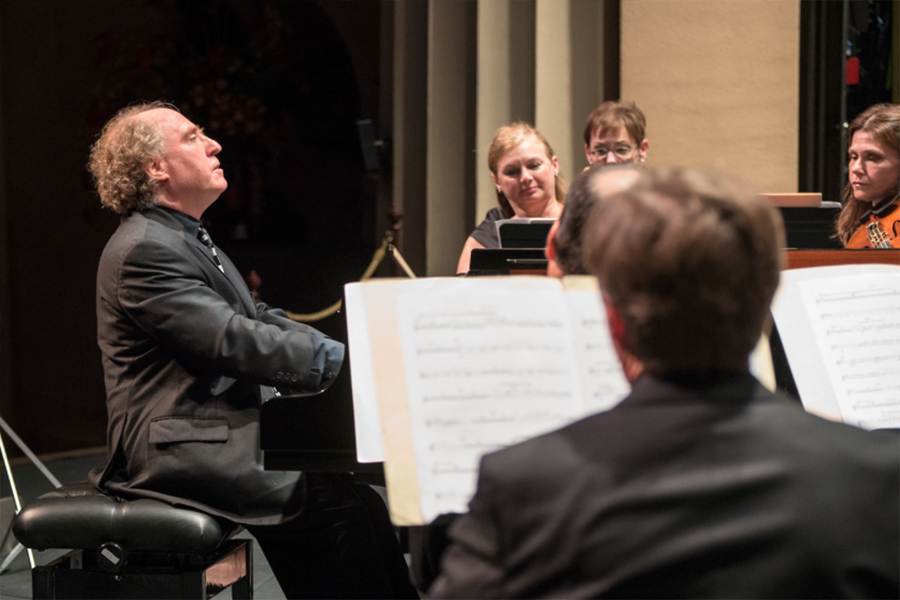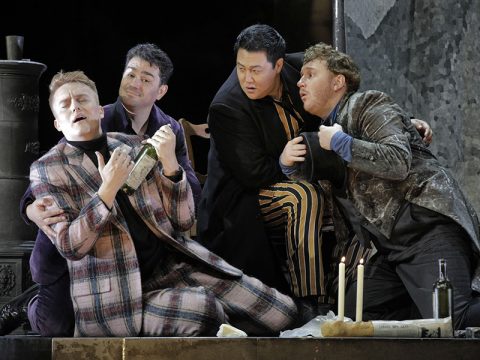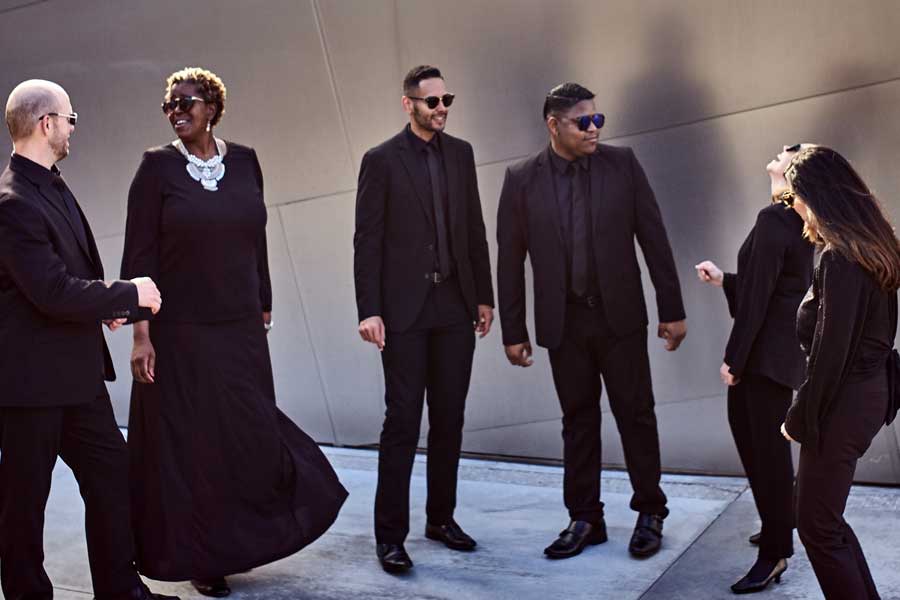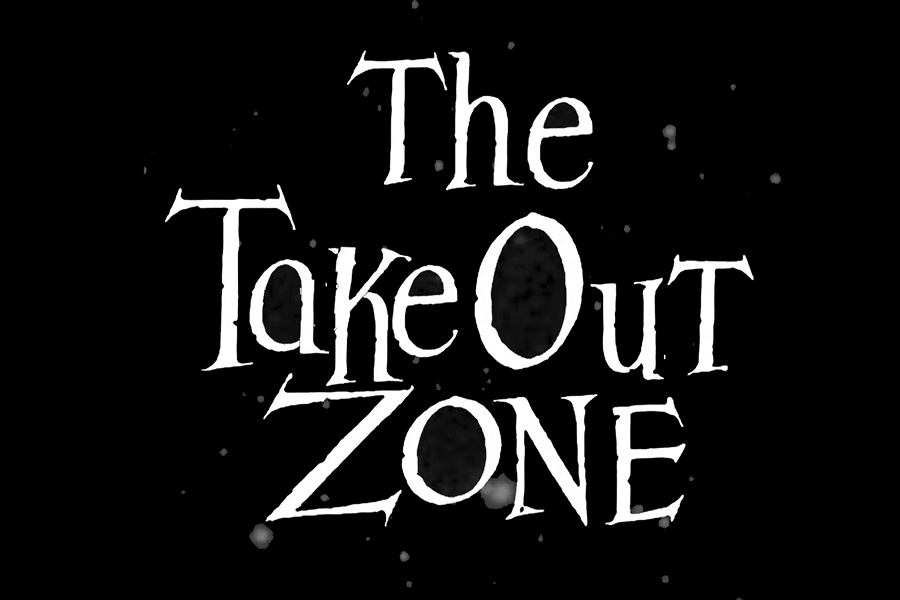
“You believe happiness to be derived from the place in which once you have been happy, but in truth, it is centered in ourselves.” -Franz Schubert
On May 20th, we watched Jeffrey Kahane, music director and conductor of the Los Angeles Chamber Orchestra (LACO), bring Schubert and Mozart back to life in the final concert of his career at the Alex Theatre in Glendale, California.
Kahane, also a world renowned pianist, took on dual roles as soloist and conductor, in his trademark style, as he led the Orchestra from the keyboard to perform Mozart’s Piano Concerto No. 27, which he described as a “bittersweet valedictory piece about being at the end of winter and longing for spring.” For his final flourish as LACO music director, Kahane took the podium to conduct Schubert’s Symphony No. 9, “The Great C-major,” which embodied Schubert’s great love of Beethoven.
Kahane who is equally at home at the keyboard or on the podium, has established an international reputation as a truly versatile artist, recognized around the world for his mastery of diverse repertoire ranging from Bach, Mozart and Beethoven to Gershwin, Golijov and John Adams. Now in his 20th season as LACO music director, he previously served as music director of the Colorado and Santa Rosa symphonies. He has garnered tremendous critical acclaim for his innovative programming and commitment to education and community involvement and received multiple ASCAP Awards for Adventurous Programming for his work in both Los Angeles and Denver. He is a Professor of Keyboard Studies at the University of Southern California Thornton School of Music.
We will now make a confession. We had not seen Kahane perform until his final concert, so our perspective on the event was no doubt different from that of his longtime fans. Nevertheless, we sensed the heaviness of the performance. Every piece, every movement felt monumental, as if the program had been perfectly curated to reflect Kahane’s departure on a symbolic level.
Kahane began with Christopher Cerrone’s Will There Be Singing, followed by Mozart’s Piano Concerto No. 27 in B-flat major, K.5953 and ended with Schubert’s Symphony No. 9 in C major, D. 944, aka “The Great”. You may have noticed that one of these does not quite fit with the others. Two of the pieces were composed by the old masters.
The first of the three, Will There Be Singing, was composed by 2014 Pulitzer Prize finalist Christopher Cerrone and commissioned by LACO. Cerrone commented that he wanted to remind his audience to remain calm–hopeful–even in “dark times”. Mozart composed his Piano Concerto No 2 in the final year of his life. This particular performance, then, was both a nod to Mozart and a final exhibition of Kahane’s multitude of talents.
The final piece of the evening, Schubert’s 9th Symphony, aka “The Great”, was, again, a fitting tribute to the end of two illustrious careers. Franz Schubert’s (1797-1828) genius burned out quickly. The Austrian composer passed away at age 32, and his compositions weren’t appreciated until decades later. In fact, “The Great” wasn’t even performed during its composer’s lifetime. Maybe that’s why we were so teary-eyed.
The message of the final concert was clear:
Yes, you are allowed to bathe in nostalgia one last time. Celebrate the impressive career of a pioneer. But remember that Kahane’s career ends just as the stage has been set for an exciting new era at LA Chamber Orchestra. As noted inside the words of the grand conductor himself.
“It is with a mixture of joy, excitement, pride and sadness that I look forward to my final concert as music director of one of the world’s finest and most versatile chamber orchestras,” says Kahane. “It is the hope of every music director to leave an orchestra in better shape than it was when he inherited it, and I believe that anyone who has known and loved LACO over the last few decades would resoundingly agree that this hope has come to fruition. I also know that the Orchestra’s distinguished history of nearly half a century is a prelude to still more wonderful things to come.
The concert was, overall, bittersweet–in a good way as the world changes, the past makes room for the future, and one tradition creates space for another.
For more information visit www.laco.org











